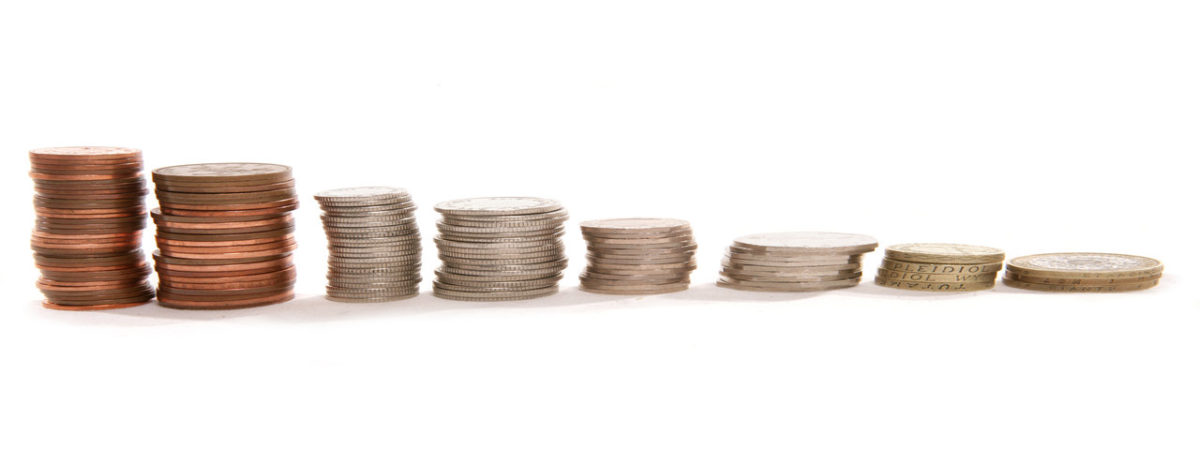Britain is amongst the EU’s most meddlesome nanny states
SUGGESTED



Finland comes top of the table thanks to its punitive taxes on alcohol, soft drinks and food, as well as its total ban on the sale of e-cigarettes, tough anti-smoking laws, state-owned alcohol retail monopoly and ban on happy hour in pubs.
Running it close is its neighbour Sweden which labours under similar laws for alcohol and tobacco but does not have such a range of sin taxes on chocolate, ice cream and fizzy drinks.
At the other end of the table sits the Czech Republic which is a haven of liberty by European standards. The Czechs have the lowest rate of beer duty, no wine duty, a liberal approach to smoking, a free market in e-cigarettes and no state interference in what they eat.
Few will be surprised to see two Scandinavian countries at the top of the Nanny State Index. Nordic nations have long had a reputation for high taxes, temperance and big government.
More surprising, perhaps, is the UK’s position at number three (just above Ireland).
Ten years ago, Britain would be firmly mid-table, but single-issue campaigners have been on a hot streak since 2007 and it now has one of the world’s most draconian smoking bans and the highest rates of tax on wine and cigarettes in the EU.
With a sugar tax and plain packaging on their way, the UK could be vying for the number one spot before too long.
Why compile a league table of lifestyle freedoms? Global indexes of civil rights and economic freedom are already available, and they tell a broadly positive story.
Economies have become more liberal in most countries in recent decades, but while economic freedom has been expanding, governments have increasingly turned to fresh legislation to micromanage people’s eating, drinking and smoking habits in the name of health and morality.
The Nanny State Index is the first attempt to measure the extent of this form of government interference. Future editions will allow us to track the growth of paternalistic legislation.
The Nanny State Index Index can also be used as a travel guide for anyone thinking of holidaying in an EU country. For smokers and vapers, in particular, travelling around Europe presents a dizzying array of different laws.
Smoking bans vary enormously in their severity and while no member states forbid tourists from bringing e-cigarettes into the country a number of them ban the sale of e-liquid.
By publishing this league table, we know that those who have a penchant for telling people how to live will take it as a challenge to get their country to the top next time. Public health campaigners, in particular, might be inspired to redouble their efforts to make their country less like the Czech Republic and more like Finland.
But if health is the goal, it should be remembered that our analysis finds no correlation between high scores in the index and better health outcomes, nor can we find any correlation between harsh laws on alcohol and tobacco with lower rates of drinking and smoking. Nanny state laws simply do not work very well.
Although the index gives each country a score out of 100 it should not be assumed that zero represents total freedom and 100 represents total oppression. Everything is relative. We have only included policies that at least one country has already introduced.
For example, no EU nation has yet introduced plain packaging of tobacco or minimum pricing of alcohol so we haven’t included them in the Index, but that may change in future editions. There is also scope for including other areas of paternalistic regulation, such as laws on gambling, jaywalking, drugs, and prostitution, if we can obtain the appropriate data.
For the time being, the 2016 Nanny State Index gives a flavour of the variety of rules and regulations used by EU member states to prevent their citizens from living their own lives.
Christopher Snowdon is the IEA’s Director of Lifestyle Economics. This article was first published by Conservative Home.




